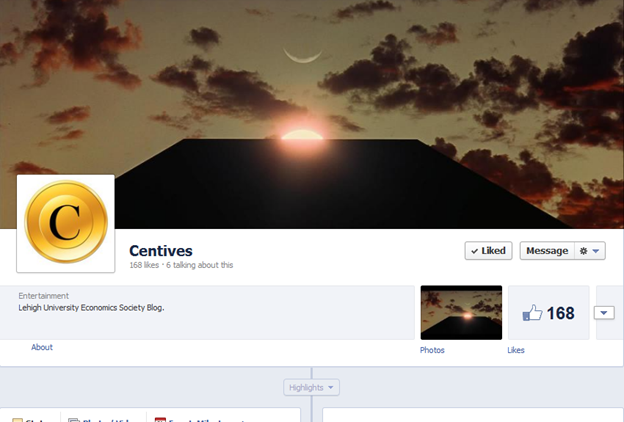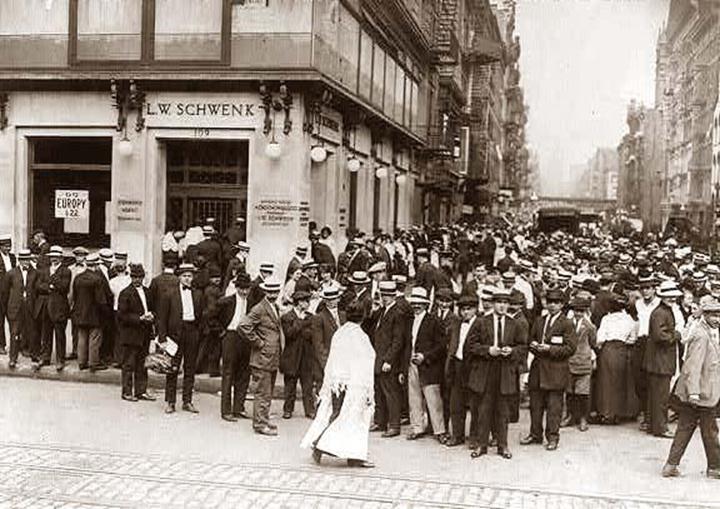Where Are the 1% Employed?
April 24, 2012 in Daily Bulletin

Timothy Taylor reported on a working paper that looked at the top 1% of society and examined some trends over time. Highlights include:
- Non-Finance Executives, Medical Professionals, and Farmers have declined as a proportion of the 1% between 1979 and 2005.
- Finance Professionals, Lawyers and Real-Estate Professionals have all risen in the same period.
- The largest income gains since the 1980s have gone not to the 1%, but, in fact, the 0.1%.
To see expanded tables and to read more about how income as a share of GDP has risen, as well as which profession has seen income triple, and how the data may have changed since 2005 click here.
Source: Conversable Economist









Join the Discussion! (No Signup Required)